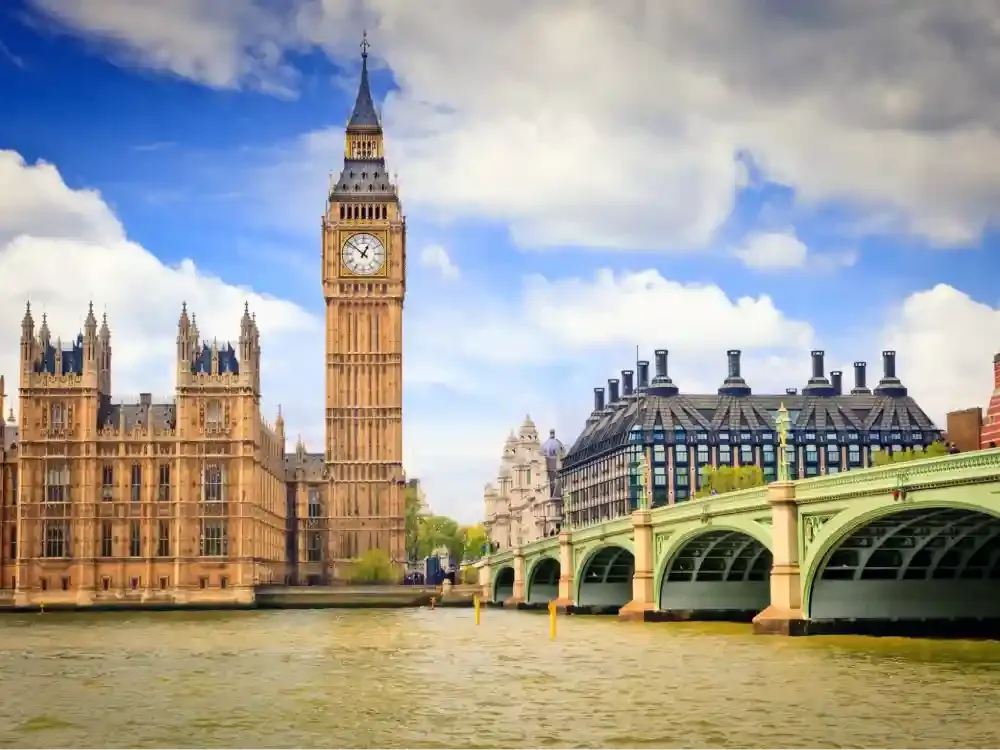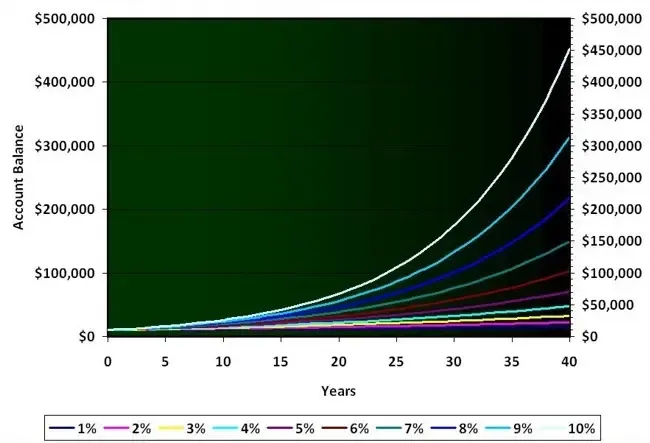
Well the answer to this question is of course multi faceted.
However it is fair to say the majority of the negative press surrounding the PM was linked to her mini-budget a few weeks ago. From the outside looking in tax cuts sounded like a good idea of course – the theory was that this would stimulate economic growth hence making us all RICHER. So why did this ultimately backfire?
Here’s my take on why it happened… Liz Truss’ mandate was that she would strengthen the economy of the UK which was suggested to be stagnant. The economy however didnt need to be stimulated so much as the inflation beast needed to be tamed. A reasonable amount of inflation is acceptable however certainly not the rates we are currently seeing (10% etc). Add in to this the large amount of UK government debt as a further thing to consider. When government debt gets very large the repayments also become very large.
Think about it like this – if you borrow £1mil to buy a house versus £10mil to buy a house then naturally the repayments on the £10mil debt would be larger. A government has to pay at least some of that debt every year to keep on top of repayments. Liz Truss’ plan was to basically fund tax cuts via borrowing more money.If a country is already in a lot of debt then its creditors will naturally get nervous that it can fulfill its obligations to repay. The more we borrow the more nervous they get. When someone borrows money effectively they create an IOU to repay it back. The technical name for an IOU in this instance is of course a “BOND”. Specifically these are UK Government bonds or “GILTS”. Now if we get a little shaky that someone will actually repay us then the value of the IOU will go down. We might even try to sell the IOU to someone else and reduce our risk. This is effectively what happened in this instance.
The problem is that when those IOUs go down in value so does the net worth of the country given that many people/companies own bonds. When individuals and companies lose wealth then they appear less creditworthy and can borrow less money. This means that their ability to obtain credit is much reduced. If this would have continued, then inevitably some of these groups would have went bankrupt – which is of course a very bad thing economically. The BOE had to step in to keep the price of these bonds afloat preventing this and printing MORE cash.
In short the issue arose from the fact that more money was being printed to boost an economy that didn’t really need to be boosted (in the short term at least) and worsening an already bad inflationary problem. So, the entire point of the mini budget which was designed to make us all richer actually made many POORER. That isn't to say that such a big play MAY have worked (unlikely but ultimately no one can 100% predict these things). This would have definitely thrown the traditional economic playbook into the wind if it did – it seems however that the public and her party lost faith before it could transpire.
Naturally there is more depth to this, the explanation above however is fundamentally what happened. I hope that my words have helped readers of this article obtain clarity on what led to today’s events.
Enter your details above to receive a link you can use to download your FREE pdf
Read More

Here's What New Associates Need To Know

What Is Your Definition Of Retirement?

How Often Do You Look Back On Your Life And Think “I Wish That I Knew Than What I Know Now?”

Can I Invest In My ISA For Passive Income?

The Role Of Luck In Investing



